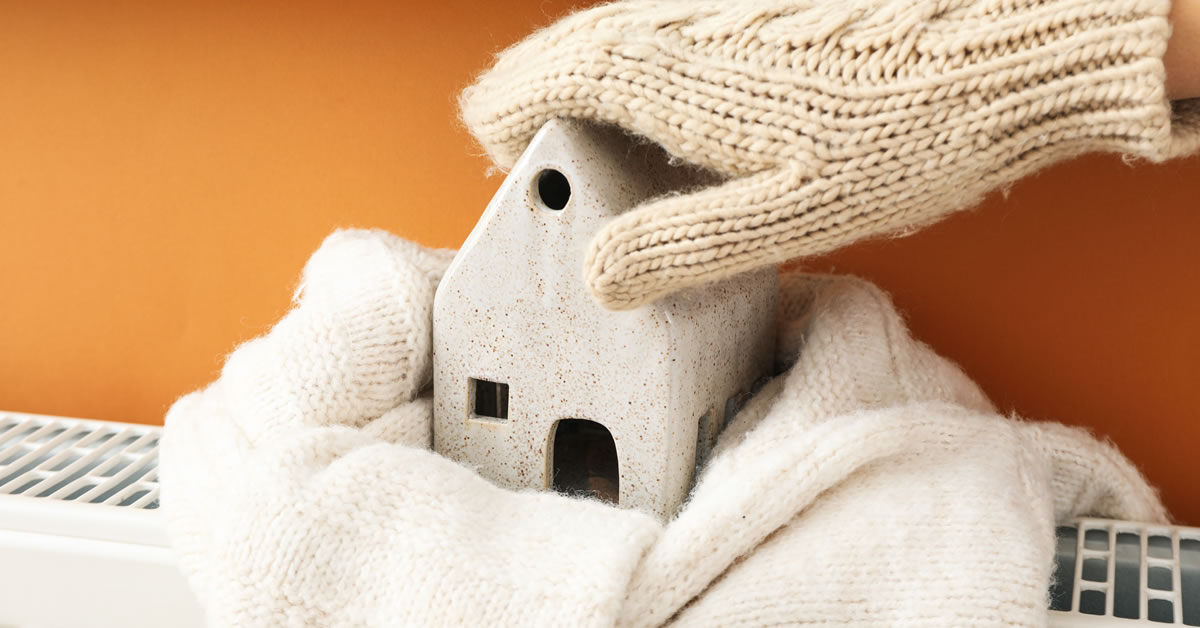While the average lifespan of a furnace is around 15-20 years, the decision to replace it should be based on more than just its age. The frequency of replacing a furnace depends on multiple factors including the type of furnace, how well it’s been maintained, and its usage patterns.
You need to take into account your furnace’s current condition, performance, and efficiency, as well as your personal circumstances and preferences as a homeowner.
General Guidelines on Furnace Replacement
Here are some general guidelines to consider when trying to determine how long your furnace will last and when it will likely need to be replaced:
- 1. Average Lifespan: Most furnaces have an average lifespan of 15 to 20 years. However, this can vary based on the type of furnace, its quality, and the manufacturer. High-quality models like Trane that are well-maintained can last longer, while lower-quality models might need replacement sooner.
- 2. Maintenance History: Regular maintenance plays a crucial role in the lifespan of a furnace. A furnace that has been routinely serviced, with filters changed regularly and components inspected and cleaned, can last towards the higher end of the average lifespan. Neglected furnaces are more likely to fail prematurely.
- 3. Performance and Efficiency: Over time, furnaces can become less efficient, leading to higher energy bills. If you notice a significant increase in your heating costs, it might be more cost-effective to replace the furnace rather than continue with an inefficient one. Also, if your furnace struggles to maintain a consistent temperature or requires frequent repairs, it might be nearing the end of its useful life.
- 4. Technological Advancements: Furnace technology has improved significantly over the years, offering better energy efficiency and smarter control systems. Even if a furnace is still functional after 15-20 years, upgrading to a newer, more efficient model could be beneficial in terms of energy savings and performance.
- 5. Safety Considerations: Older furnaces can develop safety issues, such as cracks in the heat exchanger, which can lead to carbon monoxide leaks. It's essential to prioritize safety when deciding whether to replace your furnace.
- 6. Personal Circumstances: Finally, the decision may also depend on your individual circumstances such as plans to sell your house, or the availability of newer, more eco-friendly heating options that align with your homeowner values and goals.
As your trusted heating contractor, we can help you evaluate your furnace and let you know when we would recommend replacing it. Contact Hansen today.

